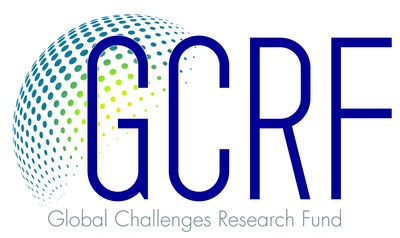Since 2014, the Fitzwilliam Museum has been conducting cutting-edge interdisciplinary research into its collection of more than 200 ancient Egyptian coffins and coffin fragments. Bringing together a team of Egyptologists, conservators, a pigment analyst, an expert in historical painting techniques, an ancient woodworking specialist and a consultant radiologist, alongside the application of advanced imaging techniques such as Computed Tomography (CT) scanning and X-radiography, we have been able to gain unprecedented insights into the coffins’ construction, creation of the decorative programme and, so far as possible, the history of the coffins and their owners.
This online resource presents the complete results of this research as it unfolds, commencing with the coffins of the 25th Dynasty ‘water pourer on the west of Thebes’, Pakepu, and the 21st Dynasty coffin set of Nespawershefyt. This includes full transliterations and translations of the hieroglyphic text, descriptions of the iconography, raw and interpreted results of the scientific analysis, including pigment analysis and wood identification, results of advanced imaging techniques such as CT scans, X-radiography and scanning electron microscopy, and some historical and social commentary on the significance of our findings in the context of ancient Egyptian attitudes to funerary beliefs, the economy and death and the afterlife. The website also contains some special behind-the-scenes footage and insight into what it is like working both internationally and collaboratively.
The Coffins Project team acknowledges with thanks the foundational contributions of Dr Wolfram Grajetzki to its work.
This project has been generously funded by:




